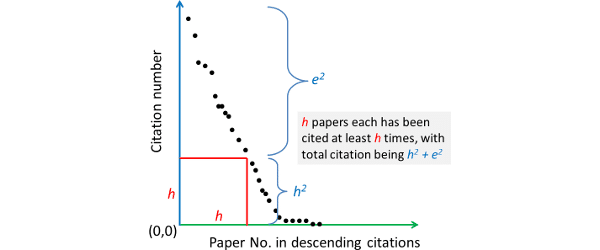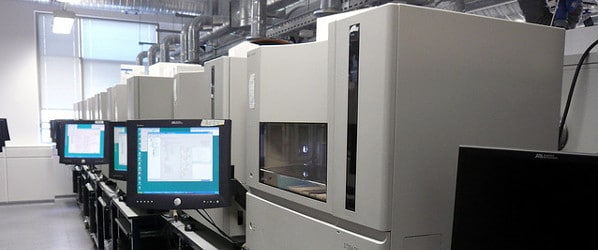Free Resources for Teaching Yourself to Analyze Next Gen Sequencing Data
If you’re new to next gen sequencing, figuring out what to do with your results can be a daunting process. Luckily, you’re not alone—plenty of people have been in your shoes, and there is tons of information about data analysis out there. Here are some free resources you can use to get up to speed…










